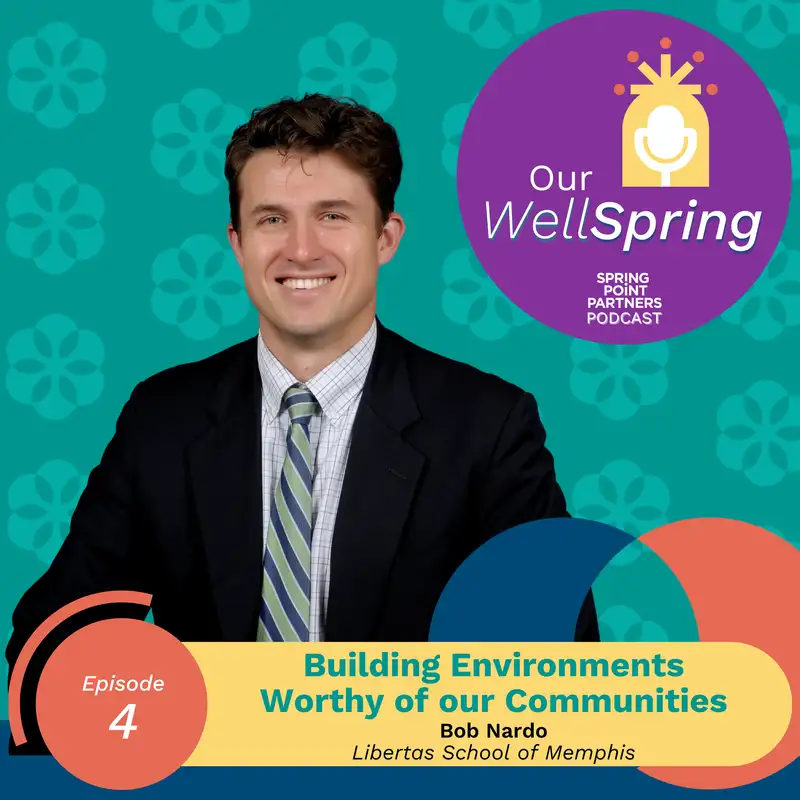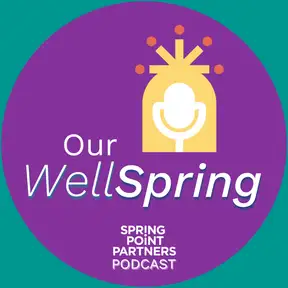Building Environments Worthy of Our Communities
In this episode, our host, Uva Coles, speaks with Bob Nardo, founding executive director of Libertas School of Memphis, the first Montessori neighborhood turnaround and charter school in Tennessee, and Arete Memphis Public Montessori Residency, the nation’s first dual-licensure urban teacher residency. Bob talks about his path to becoming an educator and the privilege of being part of a new community. Uva and Bob also dig into what it takes to build trust as a foundation for real community building.
Guest
Bob Nardo is founding executive director of Libertas School of Memphis, the first Montessori neighborhood turnaround and charter school in Tennessee, and Arete Memphis Public Montessori Residency, the nation’s first dual-licensure urban teacher residency. Bob previously served as COO of the Tennessee Achievement School District, of KIPP Newark, and a similar role at the Noble Network of Charter Schools in Chicago. Bob has taught band, choir, philosophy, and Latin. Bob earned a BA from American University, MA from the University of Chicago, and a postgraduate diploma in character education from the University of Birmingham (UK). Bob, his wife Sara (a homeschool educator), and their five children live on a small homestead near Memphis.
Our WellSpring Host
Uva Coles, Chief Learning Officer
Uva Coles serves as Chief Learning Officer for Spring Point Partners. As theorganization’s external learning steward, Uva’s leadership ensures that equity, human-centered leadership, and narrative change are woven through every aspect of SPP’s partner-based learning deliveries. A writer, speaker, inclusive organizational strategist, and lifelong learner, Uva believes every room we step into is a classroom. Sometimes we are teachers; sometimes we are students. Our best learning happens, she believes, when we can be both.
Key Takeaways
- It's important to say and share the “hard” things whenever we can. Our voice is a valuable tool—as is the time we have at our disposal to use it. Both should be leveraged.
- Pay attention to what children are saying; their observations, feedback and ideas are about what they need and not about what adults prescribe their needs to be.
- By giving children meaningful work to do and freedom of movement in the environment, you eradicate willpower battles and empower them with a sense of contribution.
Resource List
- Culturally Responsive Curriculum (Libertas)
- Omni Americans by Albert Murray (Book)
How to connect with us

